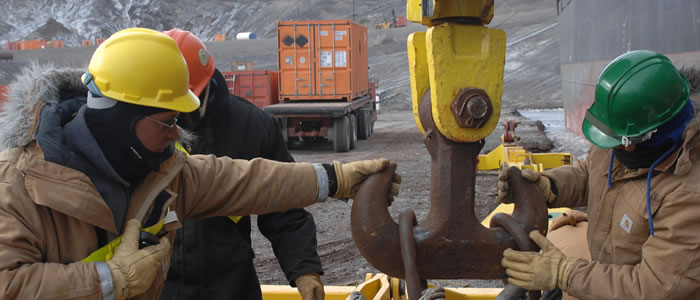
Improvements in Fatal Accident Inquiry Legislation called for
Glasgow is marking the 10th anniversary of the catastrophic ICL Stockline explosion in Maryhill, which happened on May 11th 2004. Nine people died that day and yet there was no warning – it was only afterwards that shortcomings in the health and safety procedures became apparent. Many places of work hide failings that may yet cause serious injury or deaths and while there are exceptions to the incidents covered by FAI (Fatal Injury Inquiries) processes, many problems will remain undiscovered until they end in tragedy. Employers often have to make decisions based on inadequate evidence and will always make their decision on a financial basis, as good business people.
Exceptions should be re-examined
Although the name of the inquiry suggests that every accident that ends in fatalities is looked into stringently, this is not in fact the case and of course not all fatalities are immediate. An example of this would be deaths from poisoning or other chemical exposure which may kill a person many months or even decades down the line. Because of the time lag, this is often hard to prove and it was just because of this that asbestos was not identified as a killer more quickly than it was. Deaths from asbestos exposure are happening all the time, despite the fact that the substance was banned in construction fifteen years ago and experts believe that there will be many more before mesothelioma becomes a thing of the past.
What lies beneath
Because of the shortcomings of the brief of the FAI legislation, many other problems which could easily be dealt with by increased stringency in health and safety may be still out there in the workplace. Safety training, no matter how well delivered and appropriate, can only deal with risks that are known and only by widening the brief of the FAI can hidden dangers be exposed. New rules would go a long way towards making employers and individuals face up to their responsibilities and not cut corners in health and safety procedures just to save money or time on a job. Families Against Corporate Killing, one of the bodies which supported families after the Maryhill disaster, feel that with more direct investigation of any workplace related death, no matter what the cause or how long ago the incident may stem from, more responsible people will have to make sure that safety procedures are followed or tightened up if too lax. Everyone accepts that it is not always deliberate when someone is hurt or becomes ill through their job of work, and health and safety courses are always at pains to make sure that the ‘health and safety gone mad’ lobby do not have a reasonable case to make, but the facts are undeniable. If every case of death or serious injury resulting, no matter how long ago, from a workplace incident is fully investigated, the terrible toll of human life will become less with each year, and save many people heartache that could so easily be avoided.